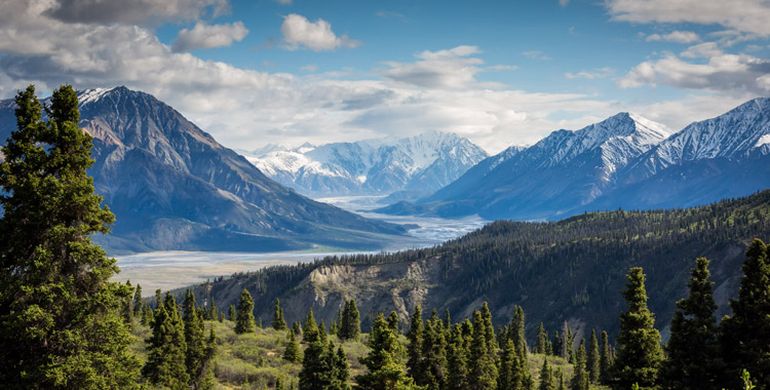Study: Number of illegally-operating cannabis farms in Pacific Northwest declines after legalization
Between 2004 and 2017, approximately 250 cannabis development sites were operating in violation of the law throughout the Pacific Northwest
According to a team of European researchers, illicit pot farms are disappearing throughout Washington and Oregon. The legal cannabis market that spreads across the Pacific Northwest, on the other hand, has grown immensely over the last few years.
Despite being described by the Office of National Drug Control Policy as one of the top seven U.S. states where illegal cannabis cultivation occurs, startups are blooming throughout the Pacific Northwest; prompting illegal growers to join the legal trade.
Number of illegal cannabis farms in the Pacific Northwest drops from 250 to just a handful
After collecting and analyzing data, a group of European scholars published their findings in the journal Ecological Economics. National forest development was focused on by the scholars, who discovered that cannabis legalization in Oregon and Washington had a profoundly positive influence on the economy and environment in each state.
Between 2004 and 2017 – once the green plant had been legalized for adult-use in Oregon and Washington – approximately 250 cannabis development sites were operating in violation of the law. This is according to forestry information from federal agencies.
After “the Evergreen State” enacted legalization, park rangers and law enforcement officers in Washington saw the number of legal cannabis farms drop from 9.2 discoveries per year to just 1.6. The number of firms operating illegally in Oregon also reduced, shrinking from 13 to just 3.67 annually.
Legal weed markets in Washington and Oregon are deterring illicit growers
In 2012, Washington legalized cannabis under Initiative 502. The measure legalized cannabis production, consumption, possession, delivery, and distribution. Two years later, Oregon lawmakers approved a cannabis bill called Measure 91. This cannabis bill legalized the “recreational use of [cannabis], based on regulation and taxation to be determined by the Oregon Liquor Control Commission”.
As a result of legalization unfolding across Washington and Oregon, the Pacific Northwest has emerged as a hub for commercial cannabis production, processing and sales. While recreational cannabis cultivation is permitted in Oregon, it is not allowed under Washington state law. Prohibiting the cultivation of weed has not strengthened the illicit market, however.
In spite of the continued growth in both state’s markets, the study suggests that recreational cannabis legalization has actually contributed to a reduction in the number of illicit cannabis farms operating throughout the Pacific Northwest.
Researchers believe that the legal production and sale of recreational cannabis in U.S. states could potentially help to abolish illegal pot farming; black market growers can get paid just as good for a job in both Oregon and Washington’s legal cannabis trades as they can in the illegal trade.
Environmental impacts of illicit pot farming include native plant eradication
Illegally operating cannabis farms in the Pacific Northwest would have been capable of yielding close to 100,000 plants every harvest. This type of illegal farming takes its toll on the environment but thankfully, it seems that the number of illicit cannabis farms in the Pacific Northwest has shrunk since legislation was enacted.
The study showed how, in states that adopted voter-approved laws for adult-use cannabis legalization, there were less illicit grow operations found in national forests. Cannabis-growing activity was monitored in national forests by the scholars, who chose to focus on these developments because of the implications they can cause on the environment.
Thanks to the drop in illicit activity, Oregon and Washington’s national forests stand less chance of being damaged by the ecological impacts of illicit farming. Illegally-operating developments tend to use chemical pesticides and fertilizers, which can cause pollution and destruction of plants that are native to the region.
So, was recreational cannabis legalization the reason why researchers discovered fewer Pacific Northwest legal cannabis farms?
The researchers concluded that, while legalization did seem to have a positive impact on illicit cannabis farming activity in the Pacific Northwest, the reduction in Oregon and Washington’s legal cannabis-growing trade was probably more strongly tied to the fact that both states employed a higher number of law enforcement officers than the average per capita after legalization.
Better earning potential in the legal market was also a contributing factor, say the scholars.









